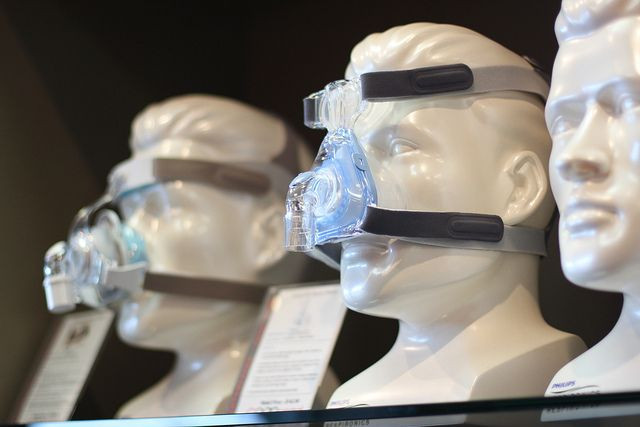Sleep Disorders: What Obstructive Sleep Apnea Does To Diabetic Kidneys

It’s the end of Kidney Week for the American Society of Neophrology, where more than 13,000 kidney professionals from across the globe gathered in Philadelphia to exchange the latest scientific findings and advances. And so far, one such finding is the way obstructive sleep apnea (OSA) decreases kidney function in diabetic patients with kidney disease.
There’s a standing link between type 2 diabetes and chronic kidney disease (CKD). Since there’s also an existing link between diabetes and OSA, researchers investigated whether the disorder impacts kidneys and kidney disease directly. Dr. Roberto Pisoni, of the Medical University of South Carolina, analyzed information on 56 patients with diabetes and CKD who had undergone screening for obstructive sleep apnea through the use of a questionnaire.
Sixty-one percent of the patients who scored high on the questionnaire also had a significantly lower level of kidney function in comparison to patients with a lower score. "This study shows that a high-risk score for [OSA] is common in non-dialysis CKD patients with diabetic nephropathy and is associated with more rapid loss of renal function," researchers concluded. "This simple approach identifies patients at higher risk of CKD progression."
According to the National Kidney Foundation, early detection prevents the progression of kidney disease and kidney failure. In addition to those with diabetes, patients with hypertension and an otherwise family history of kidney failure are considered high risk groups. Diabetes and high blood pressure (also a hallmark sign of heart disease), are responsible for over two-thirds of cases.
Feeling more tired, having less, energy, and overall trouble sleeping are key symptoms of CKD. If any of these symptoms stem from OSA, it may be hard to tell. The disorder is ongoing and disruptive — and it’s underdiagnosed. The National Institutes of Health’s National Heart, Lung, and Blood Institute reported doctors struggle to detect the disorder and there’s currently no blood test to help with diagnosis.
OSA means a person’s airway has either collapsed or become blocked during sleep, and a person’s breathing either becomes shallow or pauses altogether throughout the night. It’s different from central sleep apnea, which is less common, because it doesn’t affect the part of your brain that controls your breathing as CSA does. The attempt to breathe through impaired airways is what causes the loud snoring often associated with the disorder.
Sleep apnea boasts its own set of problems — increases risk of high blood pressure, heart attack, stroke, obesity, heart failure, and work-related or driving accidents — so if you suspect you may have the disorder (this includes the several comments a family member may have made about your snorting), the American Sleep Apnea Association recommends you do two things: Discuss your suspicions with your primary care physician as "it can be helpful for you to prepare in advance a detailed account of your medical history as it may be relevant to sleep apnea."
The next step is to find a sleep specialist, which often come from a variety of medical backgrounds. Check the credentials of specialists at the American Board of Internal Medicine and the American Board of Sleep Medicine. And go into a consultation knowing a definitive diagnosis will only follow a sleep study is conducted in a sleep lab.
Source: American Society of Nephrology: Kidney Week 2014.
Published by Medicaldaily.com



























